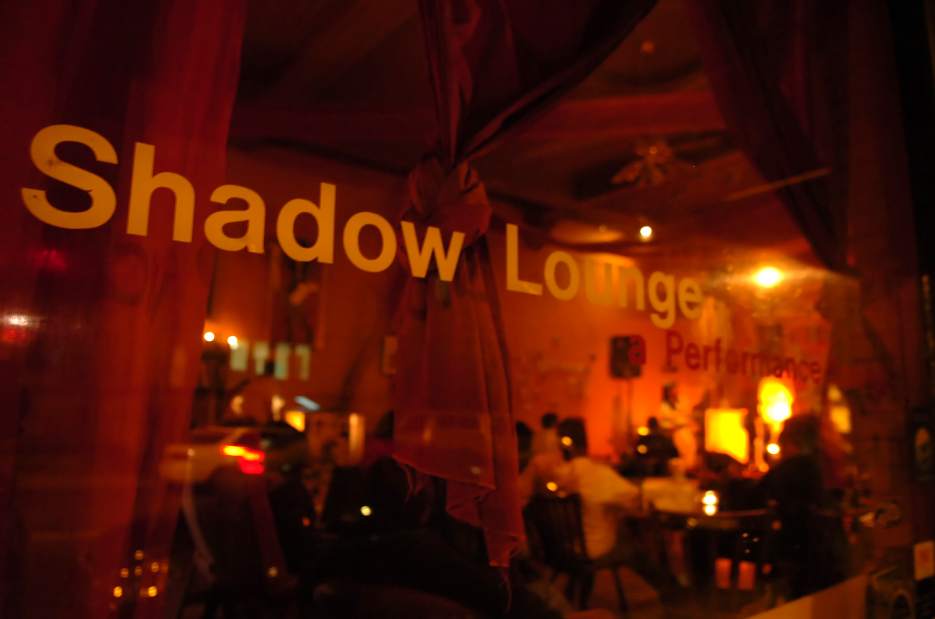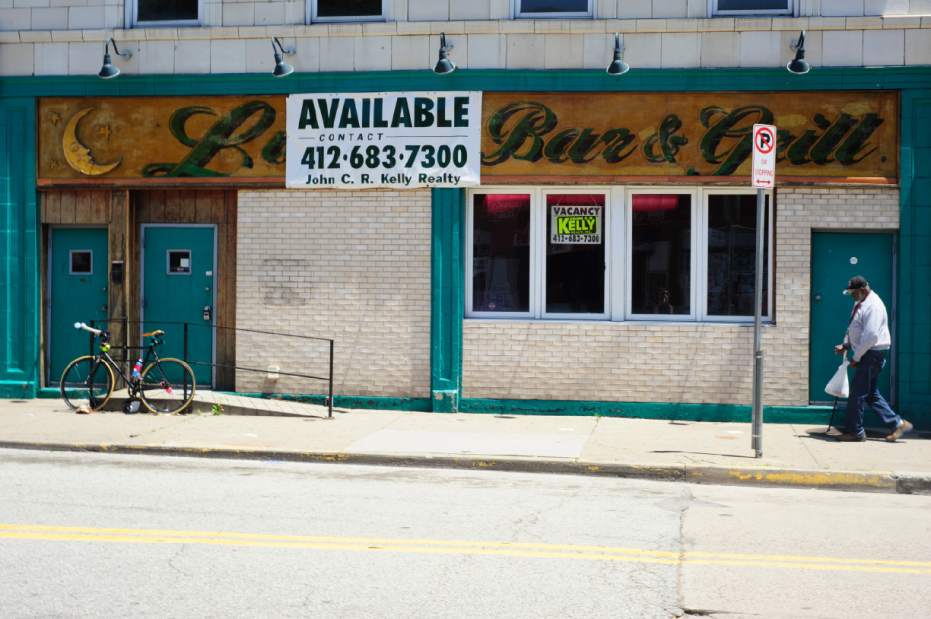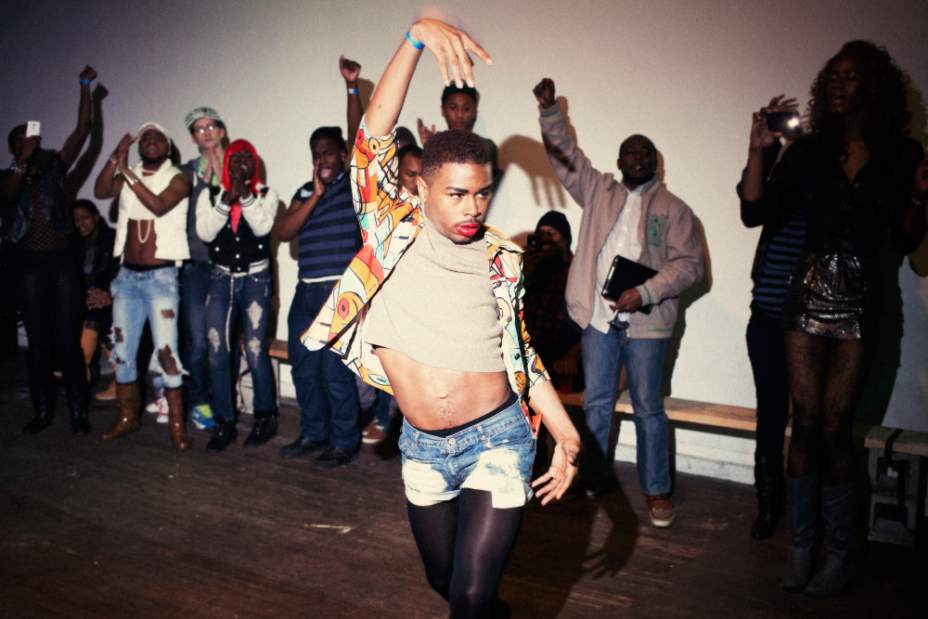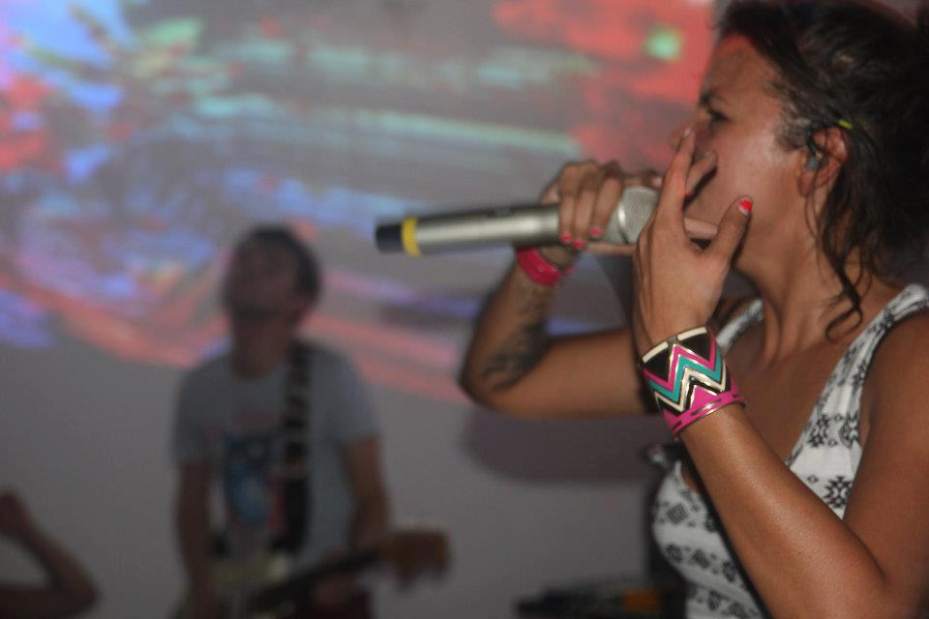As East Liberty flourishes, music scene fades out
East Liberty has turned a lot of corners in recent years, going from ignored, avoided and unsafe to a successful restaurant row and retail hub, full of new construction and rising rents. The long-derelict Highland Building (with its sad little tree growing out of the roof) has been transformed into high-end apartments. More are on the way, along with boutique hotels, a movie theater, office space and upscale restaurants.
But, along the way, the neighborhood is losing one of the things that made the neighborhood attractive — live music and nightlife.
Several months ago, the Shadow Lounge (across the street from the Highland Building) closed after 13 years. Now, its sister club, AVA, is shutting down. And 6119 — the experimental upstairs space run by the crew that brought the VIA Music & New Media Festival to life — is closing its doors for good, after a party with Berlin techno auteur Cosmin TRG on June 28.
Just like that, a major part Pittsburgh's music scene will be gone.
Each is closing for a different reason. However, most of those reasons have something to do with the pace of high-end development in the neighborhood.
All three brought something unique to East Liberty, and to the city at large. Shadow Lounge and, later, AVA were early, yet durable, destinations.
They were able to draw in different crowds for hip-hop, singer-songwriters, electronic dance parties, spoken-word poetry, reggae, Afro-pop — and able to get people to stay or return for something completely different.
“Shadow's impact was on artists' lives, on friendships, on people who left Pittsburgh and came back and were excited to see what was going on,” proprietor Justin Strong says. “We've got about 16 to 17 Shadow Lounge babies roaming the Earth, and I've got one of them. The impact that a social gathering place can have, not on a couple-block radius, but on a whole region, is enormous.
“When you look at redeveloping an area, you don't get the most revenue-per-square-foot (with a club), but there's a residual impact. In terms of positive thought for the area, you can't really match that. That would go a lot further than some of the big-box (retail) stuff.”
It can be argued whether it was Shadow Lounge or Home Depot, which opened in 2000, that first proved East Liberty's viability as a place for outside investment, but both were significant.
“No one wanted to come to East Liberty,” Strong says. “‘There's no parking!'”
Shadow and AVA didn't make anyone rich, but they were successful. (Except maybe for rap superstar Mac Miller, who first got up onstage at Shadow Lounge's Rhyme Calisthenics MC competition. He could be getting rich.) The clubs were first conceived as a way to capitalize on the primary skill Strong acquired in college.
“Originally, with Shadow Lounge, I was just thinking about a place to throw parties,” he says. “I started to realize that you can't just throw parties four days a week and learned how to ‘be a venue' over the years.”
Strong didn't feel forced out, at least, directly.
“Shadow Lounge's situation was we'd been paying rent for 13 years. Do you want to sign on and pay more, or try to find your own place? With AVA, we were planning on keeping it, and different outside opportunities popped up. (We) weighed the options, and picked the long-term success over the short-term.”
Strong plans on reopening AVA at the former Luna Bar & Grill, a two-story space on North Craig Street in Oakland. AVA will finish its run in East Liberty by the end of July and should be up and running in Oakland by the second week in August.
There's already an Indiegogo.com crowd-funding campaign to help finance the move. Donors will be invited to a private launch party at the new location. The campaign started June 18, and they raised $10,000 in the first 16 hours.
“The biggest difference is that there's a kitchen already there,” Strong says. “We were actually planning to put a kitchen in (at AVA in East Liberty) and were going to put in a hood system, which is $80,000 to $100,000. You don't want to be in a situation where a landlord can just take that over.”
Longer-term, the Shadow Lounge plans to re-open somewhere else.
Some East Liberty residents will miss having them nearby.
“It was great to have a music venue I could walk or bike to,” says Richard Gartner, 36, a yoga teacher and musician. “I moved to East Liberty because of the Shadow Lounge and other independent businesses.”
6119, named for its address (6119 Penn Ave.), lasted only a year but had an impact way out of proportion to its size and duration. It was a small, upstairs space that truly felt underground — tricky to find, but perfectly suited to adventurous music of every genre.
“The first wave of success was because people trusted VIA,” says Lauren Goshinski, who co-runs 6119 and the VIA festival. “The second was because it was this mysterious ‘treehouse' venue.
“It's about creating a blank canvas that people can go in and make their own. Anything from punk shows to drag shows, no matter what kind of night we had, the space took on the feeling of the people there.”
The VIA Festival has gotten national and even international attention for its exciting, adventurous selection of performers, unusual venues (a warehouse/movie studio in the Strip, an entire street in East Liberty), and penchant for pairing musicians with cutting-edge visual/video artists. 6119 was an attempt to keep that energy and momentum going for the rest of the year, and it was largely successful.
In one short year, more than 200 local, national and international performers and visual artists were featured at 6119 — from Denmark punks Iceage to “Rupaul's Drag Race” winner Jinkx Monsoon, to Colombian electro-cumbia band Bomba Estereo, to all manner of performance art, video premieres, fundraisers and dance parties.
6119 will be demolished in the fall, along with several adjoining buildings. It will be redeveloped into a mixture of office and retail space by Alphabet City Co.
“6119, we put them in there as a temporary use, hoping that they could jumpstart themselves into a more permanent space,” says Nate Cunningham of East Liberty Development Inc. “It was really (about) trying to give them an underutilized asset while we were holding it for development.”
Though not architecturally significant, the building had a remarkable history, running through several eras of Pittsburgh nightlife.
“It seemed to be this weird nexus of a place,” Goshinski says. “By virtue of being a social club, it had a lot of different histories, touching on Pittsburgh mafia and politics, gay nightlife, everything. In the '80s and '90s, it was where a lot of the ‘vogue balls' happened.”
Vogue balls were part of a dance/music subculture that evolved out of Harlem in the 1980s, then extended to black and Latino gay communities across the United States. They're best known through the documentary “Paris is Burning” (1990) and Madonna's song “Vogue.”
“6119 spawned my research into the unique history of Pittsburgh nightlife,” says Harrison Apple, an artist-in-residence at Carnegie Mellon University's Center for Arts in Society.
The vogue balls were something 6119 was able to bring back and included some of the original participants.
Goshinski and the VIA crew are looking for a new space but aren't encouraged by their options so far. They're asking fans to vote online (www.facebook.com/VIA.Pittsburgh) to help decide where they should focus their search next.
Michael Machosky is a staff writer for Trib Total Media. He can be reached at mmachosky@tribweb.com or 412-320-7901.





